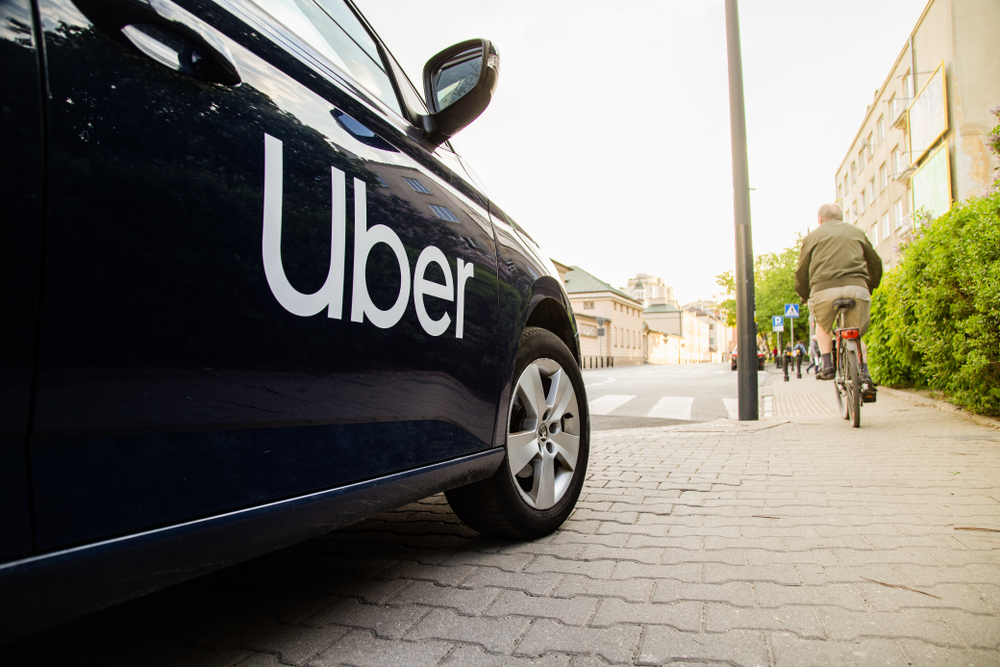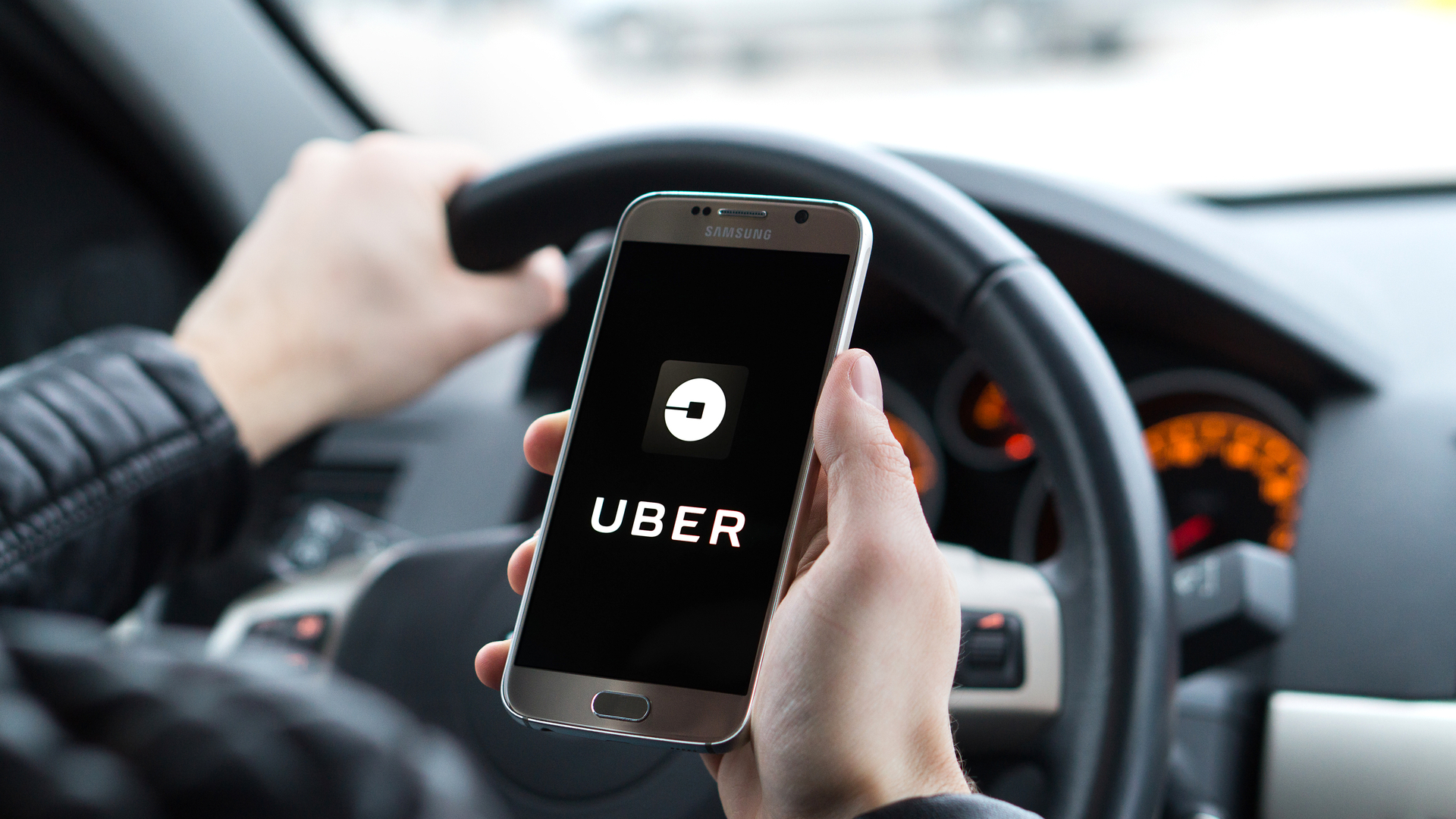Uber ordered to reinstate drivers fired by its algorithm
TfL also ordered to reinstate a driver that had his license revoked due to Uber software


A Dutch court has ordered Uber to reinstate and compensate six former drivers that were fired based on incorrect assessments made by an algorithm.
Five of the drivers, all of which operate in the UK, were represented by the App Drivers & Couriers Union (ADCU), which argued that technology inside Uber's driver app, used to track drivers and verify their locations, had incorrectly flagged drivers for "fraudulent activity" without explanation.
The union also said that the company had failed to provide proper evidence to support its decision to fire the drivers.
The judgement was made in the absence of Uber, which had failed to contest the case originally brought in February.
On Wednesday, the district court of Amsterdam – home to Uber’s European headquarters - issued a default judgment that sided with the union. It has ordered Uber to reinstate the drivers and pay a penalty of €5,000 (£4,300) for each day they have been out of work since the case was first brought, up to a maximum of €150,000.
Uber has claimed it was only made aware of the case last week, and has therefore been unable to challenge it. It has also suggested that the ADCU had not followed "proper legal procedure".
"With no knowledge of the case, the court handed down a default judgment in our absence, which was automatic and not considered," an Uber spokesperson said.
Get the ITPro daily newsletter
Sign up today and you will receive a free copy of our Future Focus 2025 report - the leading guidance on AI, cybersecurity and other IT challenges as per 700+ senior executives
In a separate case on Monday, a London Magistrates Court also ordered Transport for London (TfL) to reinstate the license for one of the drivers. Abdifatah Abdalla was reported to the transport regulator after he was dismissed by Uber for fraudulent activity.
Uber's driver's app uses a 'real-time ID system', software that uses facial recognition to scan drivers as they log in to the app. It also monitors the location of each driver to link them with customers.
All six of the drivers, which includes one Dutch driver, were flagged by the app's security systems for "fraudulent" activity.
In the case of Abdalla, the app reported that two separate devices had tried to access his Uber account from two different locations in London. He claims the notification of his dismissal failed to give specific reasons beyond the system flagging him for "fraudulent activity", something which he denies.
RELATED RESOURCE

IT Pro 20/20: Meet the companies leaving the office for good
The 15th issue of IT Pro 20/20 looks at the nature of operating a business in 2021
The president of the ADCU, Yassen Aslam, expressed "deep concern" about the role TfL had played in this case, suggesting the transport body had encouraged Uber to introduce "surveillance technology" as a price for keeping its operator's license.
"The result has been devastating for a TfL licensed workforce that is 94% BAME," said Aslam. "The Mayor of London must step in and guarantee the rights and freedoms of Uber drivers licensed under his administration."
The identification system was first introduced after Uber was deemed "not fit and proper" buy TfL in 2017. The transport regulator sought assurances for passenger safety and felt Uber needed to do more to verify its drivers - a number were found to have an out of date Mot, for example.
A spokesperson for TfL said that the safety of the public is its top priority and that it takes immediate licensing action when notified of driver identity fraud.
"We always require the evidence behind an operator's decision to dismiss a driver and review it along with any other relevant information as part of any decision to revoke a licence," the spokesperson said.
Bobby Hellard is ITPro's Reviews Editor and has worked on CloudPro and ChannelPro since 2018. In his time at ITPro, Bobby has covered stories for all the major technology companies, such as Apple, Microsoft, Amazon and Facebook, and regularly attends industry-leading events such as AWS Re:Invent and Google Cloud Next.
Bobby mainly covers hardware reviews, but you will also recognize him as the face of many of our video reviews of laptops and smartphones.
-
 The Race Is On for Higher Ed to Adapt: Equity in Hyflex Learning
The Race Is On for Higher Ed to Adapt: Equity in Hyflex LearningBy ITPro
-
 Google faces 'first of its kind' class action for search ads overcharging in UK
Google faces 'first of its kind' class action for search ads overcharging in UKNews Google faces a "first of its kind" £5 billion lawsuit in the UK over accusations it has a monopoly in digital advertising that allows it to overcharge customers.
By Nicole Kobie
-
 What is contextual analytics?
What is contextual analytics?Whitepaper Creating more customer value in HR software applications
By ITPro
-
 IT Pro 20/20: Understanding our complicated relationship with AI
IT Pro 20/20: Understanding our complicated relationship with AIIT Pro 20/20 The 16th issue of IT Pro 20/20 looks at the very human problems associated with artificial intelligence
By Dale Walker
-
 Uber launches contact-tracing service for public health officials
Uber launches contact-tracing service for public health officialsNews Gives health officials data on drivers and riders who may have come into contact with someone infected with the coronavirus
By Sarah Brennan
-
 When the disruptors are disrupted
When the disruptors are disruptedOpinion The coronavirus pandemic has laid bare structural weaknesses in the sharing economy. Can the sector ever recover?
By Jane McCallion
-
 Uber, WeWork cause SoftBank to lose 99% of quarterly profit
Uber, WeWork cause SoftBank to lose 99% of quarterly profitNews Huge losses threaten the future of the Vision Fund
By Sabina Weston
-
 Is a bot your next employee?
Is a bot your next employee?In-depth As AI continues to evolve rapidly, will bots become an essential part of your business' workforce?
By David Howell
-
 Amazon’s HR proves artificial intelligence is truly dumb
Amazon’s HR proves artificial intelligence is truly dumbOpinion We don't know how neural networks see our world, and that's hilarious and scary
By Nicole Kobie
-
 ICO fines Uber £385,000 following its 2016 data breach
ICO fines Uber £385,000 following its 2016 data breachNews The penalty follows an investigation by the watchdog into Uber’s 2016 data breach
By Connor Jones